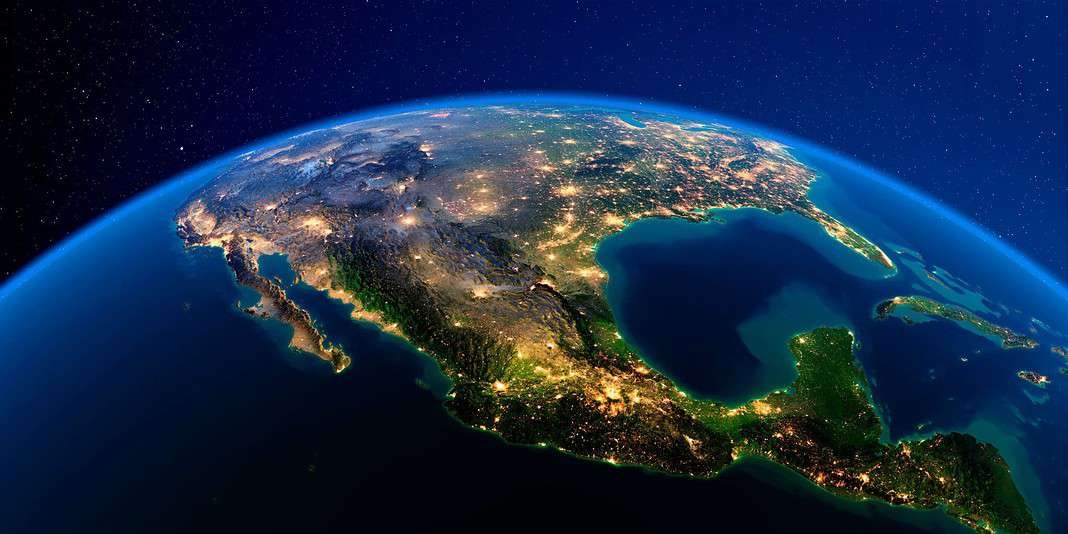Researchers from the University of Texas Institute for Geophysics (UTIG) have found that the Gulf of Mexico escaped an ancient extinction event due to its unique sheltered geology.
The scientists found that during a cycle of global warming 56 million years ago, lots of marine life around the world was wiped out due to the acidification of the world’s oceans. However, the effects of this cycle were reduced in the Gulf of Mexico due to its unique nature.
Scientists hope the discovery will improve our understanding of the effects of global warming on the gulf and how it may be impacted.
According to UTIG geochemist Bob Cunningham:
“This event known as the Paleocene-Eocene Thermal Maximum or PETM is very important to understand because it’s pointing towards a very powerful, albeit brief, injection of carbon into the atmosphere that’s akin to what’s happening now.”
While UTIG biostratigrapher Marcie Purkey Phillips said:
“In a lot of places, the ocean was absolutely uninhabitable for anything…But we just don’t seem to see as severe an effect in the Gulf of Mexico as has been seen elsewhere.”
Study co-author and University of Texas Gulf Basin Depositional Synthesis program director John Snedden added:
“The Gulf of Mexico is a tremendous natural archive of geologic history that’s also very closely surveyed. We’ve used this very robust database to examine one of the highest thermal events in the geologic record, and I think it’s given us a very nuanced view of a very important time in Earth’s history.”
You can find the research study here.

